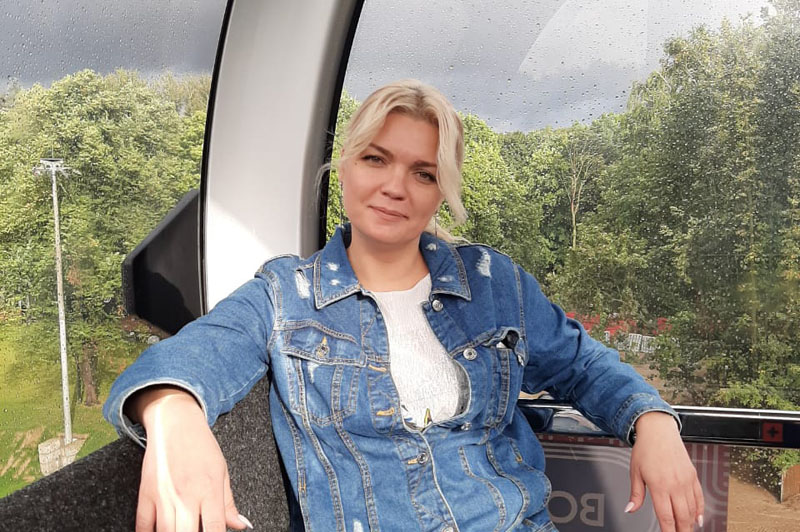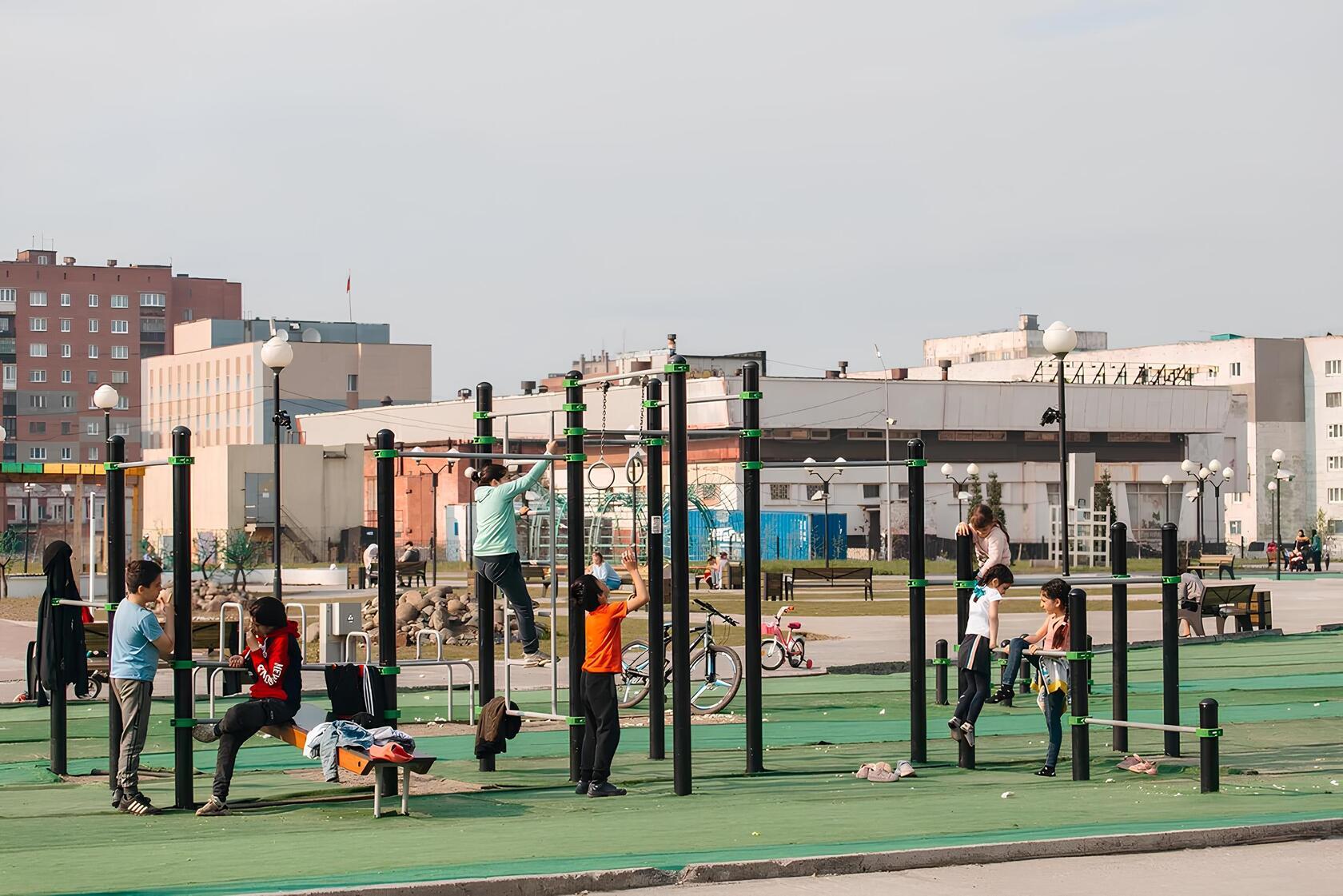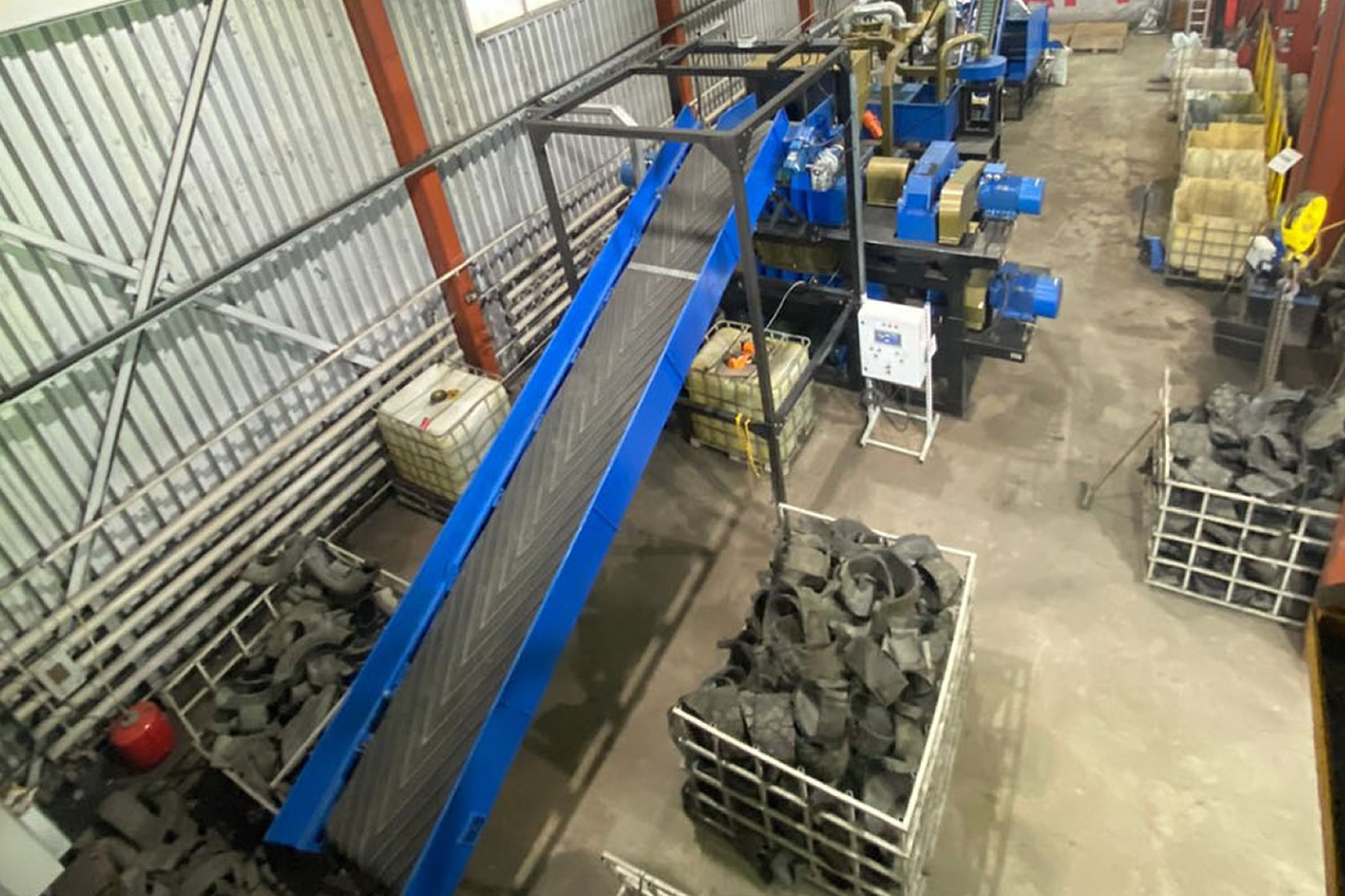“Severmetallstroy” produces rubber coatings from old tires and earns a sustainable income. This is not enough for Valeria Tereshkova, the company owner, who wants to accept worn-out tires from Norilsk residents free of charge.
- How did the idea of a tire recycling business arise?
- I tried my hand in different businesses, including trading, cab, construction, and cafes. I organized my business from scratch and drove it to a steady income. And then I just lost interest. I wanted to keep going, to develop.
As a native Norilsk resident, I have always been concerned about the environmental situation in my hometown. The idea of making it clean has never left me. In 2019, I bought a company with a scrap metal recycling license. That's where it all started.
I started exploring the idea of recycling tires because I saw the number of unauthorized dumps growing. I was looking for concerned entrepreneurs and investors, but unfortunately, it didn't go further than talk.
There was a fuel spill at Nornickel that year, and the Russian government visited our city and paid attention to other environmental problems. Thus, we became one of the contractors for eliminating scrap metal and construction waste dumps. This contract allowed us to earn enough to purchase a line to process tires into crumb rubber. It has become feasible to clean Norilsk of old tires overflowing from landfills, including spontaneous ones.
- I tried my hand in different businesses, including trading, cab, construction, and cafes. I organized my business from scratch and drove it to a steady income. And then I just lost interest. I wanted to keep going, to develop.
As a native Norilsk resident, I have always been concerned about the environmental situation in my hometown. The idea of making it clean has never left me. In 2019, I bought a company with a scrap metal recycling license. That's where it all started.
I started exploring the idea of recycling tires because I saw the number of unauthorized dumps growing. I was looking for concerned entrepreneurs and investors, but unfortunately, it didn't go further than talk.
There was a fuel spill at Nornickel that year, and the Russian government visited our city and paid attention to other environmental problems. Thus, we became one of the contractors for eliminating scrap metal and construction waste dumps. This contract allowed us to earn enough to purchase a line to process tires into crumb rubber. It has become feasible to clean Norilsk of old tires overflowing from landfills, including spontaneous ones.

- How is the production process arranged?
- We accept tires mainly from legal entities that are required to take them to a recycling center. The raw materials are fed into a modern modular production line.
All equipment is made in Russia. We chose a Russian manufacturer consciously, before the sanctions, so as not to depend on spare parts deliveries from abroad.
The conveyor is fully automated and covers five production stages.
We give a second life to waste tires.
- We accept tires mainly from legal entities that are required to take them to a recycling center. The raw materials are fed into a modern modular production line.
All equipment is made in Russia. We chose a Russian manufacturer consciously, before the sanctions, so as not to depend on spare parts deliveries from abroad.
The conveyor is fully automated and covers five production stages.
- The puller's hook pulls out the bead ring.
- “The guillotine” cuts the rubber into strips, “chips,” sent to a conveyor belt for recycling.
- The crusher crushes the tire pieces into crumbs of various fractions.
- The crumb is mixed with pigment and glue.
- This mixture is used to make tiles and other coatings as the customer desires.
We give a second life to waste tires.
700 kg of tires per hour
is processed by the Severmetallstroy line.
- How many people work with your company?
- There are 16 people in the Recycling Division, including 5 on the conveyor belt. It is enough to keep an eye on the automation. We are now planning to recruit people and launch a second shift. In the future, we can upgrade the line and increase the output.
- There are 16 people in the Recycling Division, including 5 on the conveyor belt. It is enough to keep an eye on the automation. We are now planning to recruit people and launch a second shift. In the future, we can upgrade the line and increase the output.















